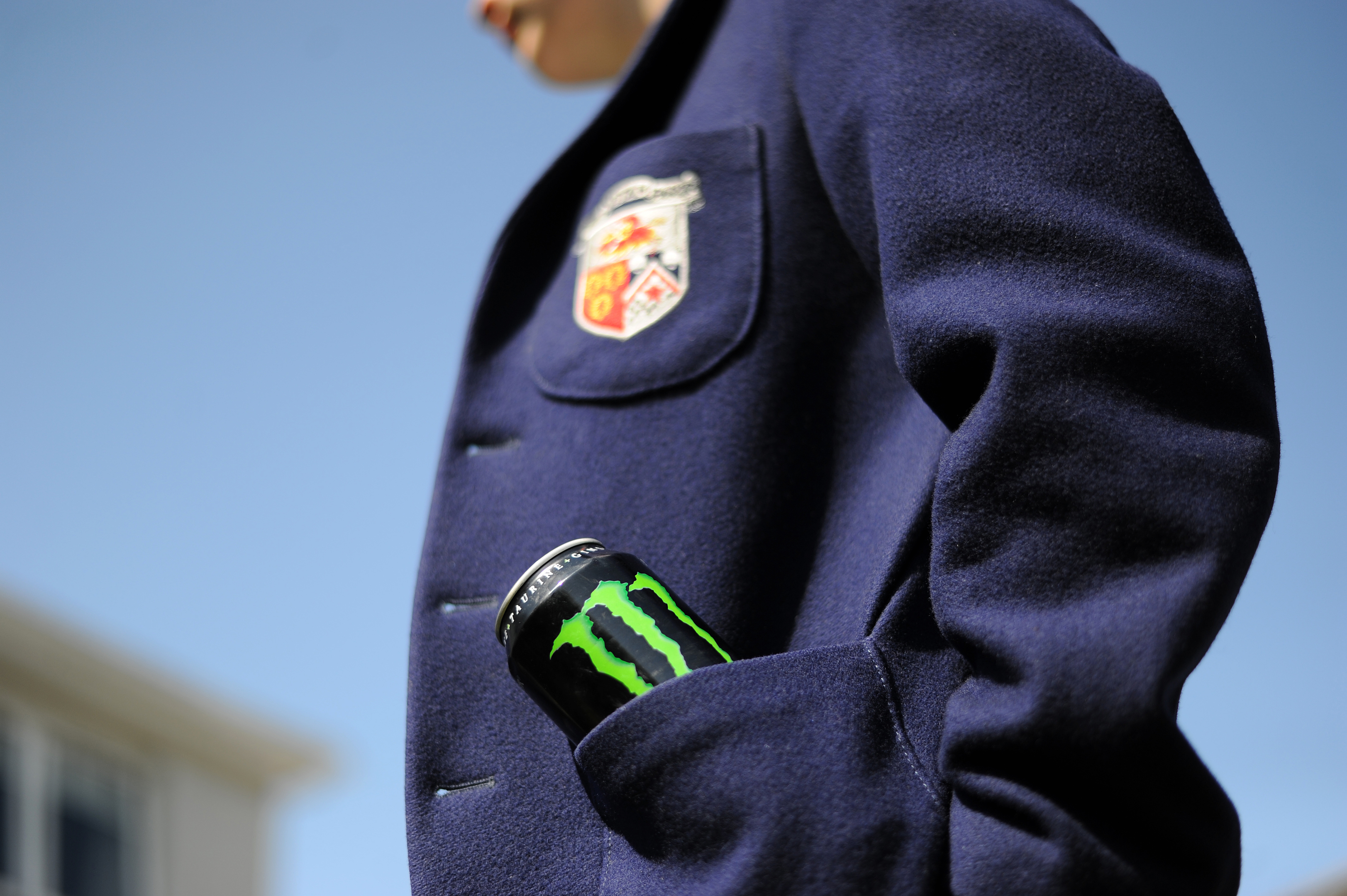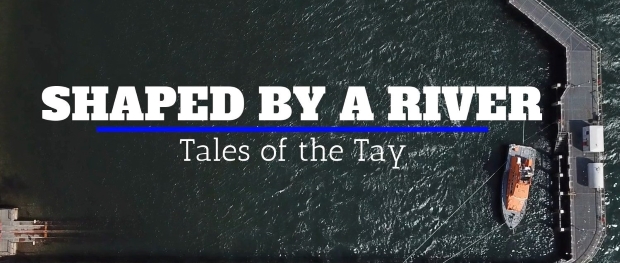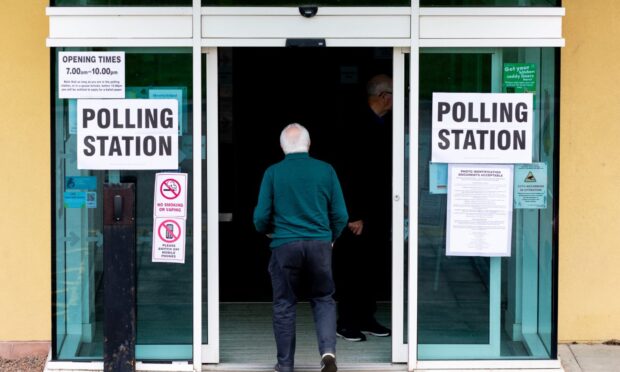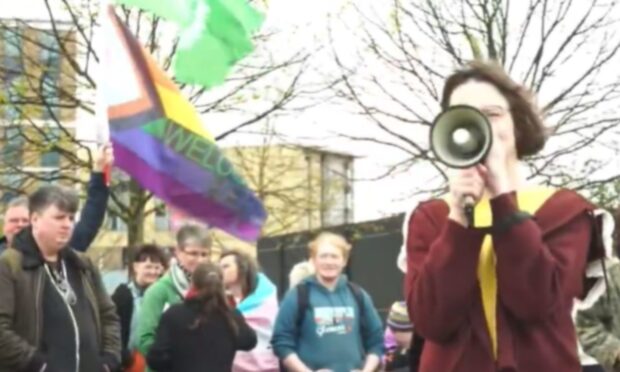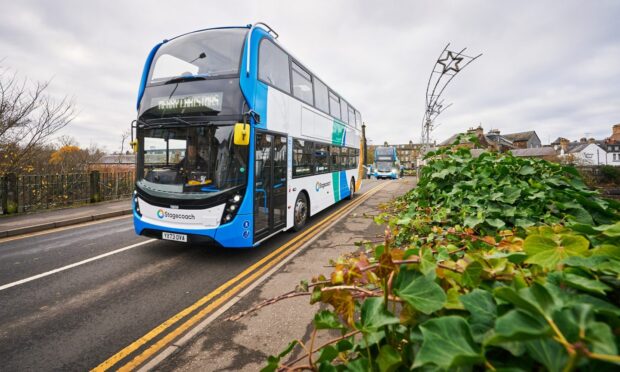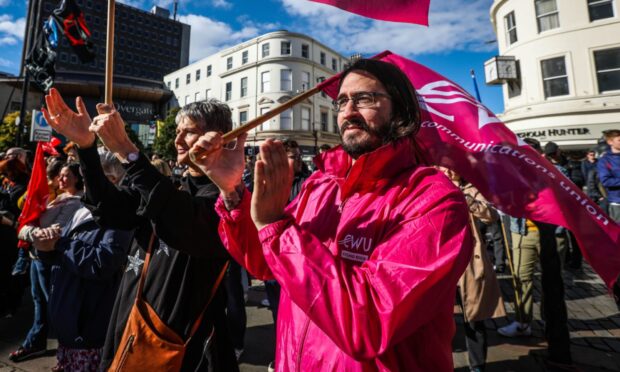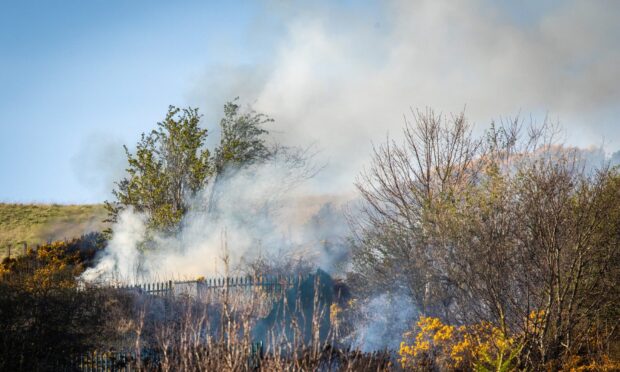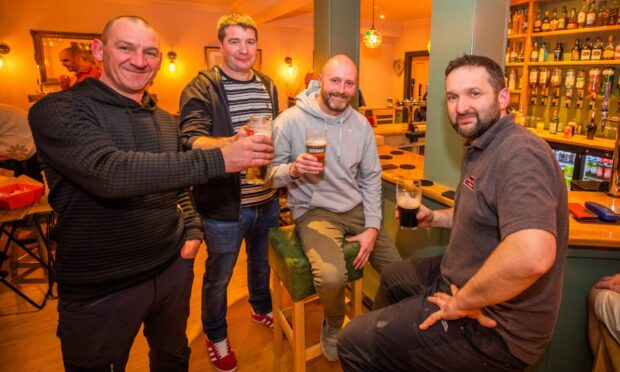The Scottish Government could ban the sale of high-caffeine “energy drinks” to under-16s.
A consultation has been launched into whether drinks like Red Bull, Monster and Relentless should be prohibited to children.
Similar questions are currently being asked in England and retail and drinks industry specialists have called for a national alignment in any decision made surrounding the sale of energy drinks.
Public health minister Joe FitzPatrick said the responses to the consultation will help shape government policy.
He said: “Many energy drinks have high levels of sugar. They can also be harmful to oral health due to their acidic nature.
“However, it is their high caffeine content and the detrimental effect this may have on young people’s health that has led to this consultation.
“I am especially concerned about the impact these drinks can have on the quality of young people’s sleep. Poor sleep can have huge consequences on physical and mental health – too much caffeine can disrupt good sleep.
“Concern about the consumption of energy drinks by children and young people has grown over the past few years.
“It is a concern that has been raised particularly by parents and teachers. The UK Government also recently consulted on introducing a ban in England.
“There have been calls from industry for an aligned approach.”
Follow our special series at www.thecourier.co.uk/tay
The government noted researchers have observed many links between youngsters energy drink consumption and other negative health behaviours.
These behaviours also contribute to being overweight or obese due to drinkers skipping breakfast, eating fast food and consuming more calories.
In Canada, a study showed under-16s were more susceptible to the adverse affects of high-caffeine drinks, which include fast heartbeat, difficulty sleeping, headache, stomach problems, chest pain and even seizures.
The Courier launched a campaign calling on schools to ban the sale of energy drinks in cafeterias, which gained nationwide support.
The Can It campaign was launched after Forfar Academy’s former rector, Melvyn Lynch instigated a ban on high-caffeine and high-sugar drinks.
Sports and leisure centres have banned the sale of energy drinks to under-16s in a bid to help protect the health of youngsters.
All publicly-funded centres across Scotland have now introduced measures to prohibit the sale of drinks with higher levels of caffeine to children.
Canada capped the levels of caffeine allowed in energy drinks in 2013, while Red Bull is banned outright in the South American country of Uruguay.
Those interested in taking part in the consultation can do so here.
